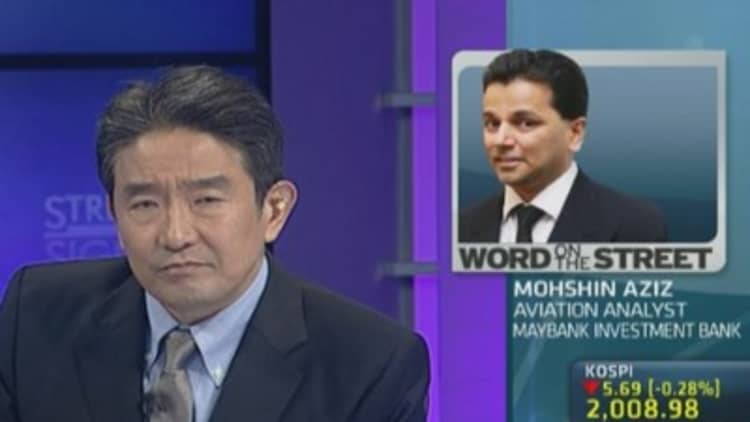A group of entrepreneurs has set up India's first pure liberal arts college, Ashoka University, on the outskirts of Delhi promising an Ivy League education at a fraction of the cost, and it could be a game changer for a nation obsessed with producing engineers and doctors.
The decision to join the opening batch of Ashoka University this August was hardly agonizing for 18-year-old aspiring robotics engineer Vijay Lingam. The high school graduate from Hyderabad gave up a coveted scholarship to study computer science at Carnegie Mellon University (CMU) in the U.S. and decided not to apply to India's premier engineering colleges either.
Read MoreMonsoon: the new threat in India's inflation battle
"Indian engineering colleges don't give you enough flexibility… for instance, you cannot study computer science and economics. But at Ashoka I can, and there's not much difference between Ashoka's curriculum and CMU's," Lingam told CNBC.
Finances were also behind Lingam's decision. Even with a 50 percent scholarship to CMU, the four-year program would have cost around $130,000. A four-year undergraduate program at Ashoka costs about $35,000; Lingam was given a full scholarship, which made the decision even easier.
Read MoreIndia's Modigets ready to join inflation battle
Lingam is exactly the kind of student that Ashoka's founders are after. They expect 350 undergrad students for Ashoka's opening batch and aim to attract some of the 800,000 Indian students that spend $2 billion year studying abroad according to Associated Chambers of Commerce and Industry of India estimates. Thus far it has received around 3,000 applicants and made 200 offers.
Faculty and founders
The biggest selling point is Ashoka's faculty, according to university counselor Amrita Dass: "Teachers make a huge difference… while many private institutions offer great infrastructure, the teaching quality leaves much to be desired."
Ashoka has attracted top faculty from overseas. Madhavi Menon, a PhD in English from Tufts University and a professor of English at Ashoka, for instance, gave up her job as a professor at American University in Washington to join Ashoka.

"For the past 13 years I have been looking to come to India… but there was no place here worth returning to. There was always a quality and salary mismatch," said Menon. But Ashoka provides a "good salary and a vibrant intellectual atmosphere."
Ashoka's founders – many of whom are path breakers in their respective fields – are also part of the appeal. These include Pramath Raj Sinha, the founding dean of the Indian School of Business, Sanjeev Bikhchandani who started the successful job site naukri.com and Ashish Dhawan co-founder of private equity firm ChrysCapital. Each of Ashoka's 36 founders has contributed between $300,000 and $3 million and has equal say in college matters.
Read MoreIn emerging markets, what scares most investors entices Oppenheimer
"[The founders] are all business people… the easy part for us will be to pick up the phone and call guys [to give our students a job] and we are committed to doing that," Sinha told CNBC.
The "poor job scene" in the U.S. could also push students towards Ashoka, added Amrita Dass.
Challenges remain
Despite its pedigree and the huge vacuum in India where quality liberal arts education is concerned, many are hesitant to give Ashoka a chance.
Read MoreIndia likely to ease restrictions for foreign online retailersin July
"People don't get it that you can do math and literature together," said co-founder Vineet Gupta, who runs an institute that tutors people for the SAT and GMAT exams.
"Liberal arts is not a bad word…we have to educate people one at a time that liberal arts graduates can be problem solvers," added Sinha.
According to Rohin Kapoor of Deloitte, "Liberal arts as a focus area is missing in the Indian education space and Ashoka is a great thought."
Read MoreReserve Bank of India leaves key rate steady at 8%
It is an ambitious project with a goal of becoming "the top university in the world and not just another good college," co-founder Gupta told CNBC. "Over the next 10 years we want people to ask this question 'Is it worth giving up Princeton for Ashoka."
Whether Ashoka is a huge opportunity or a big risk is a call students have to take.




